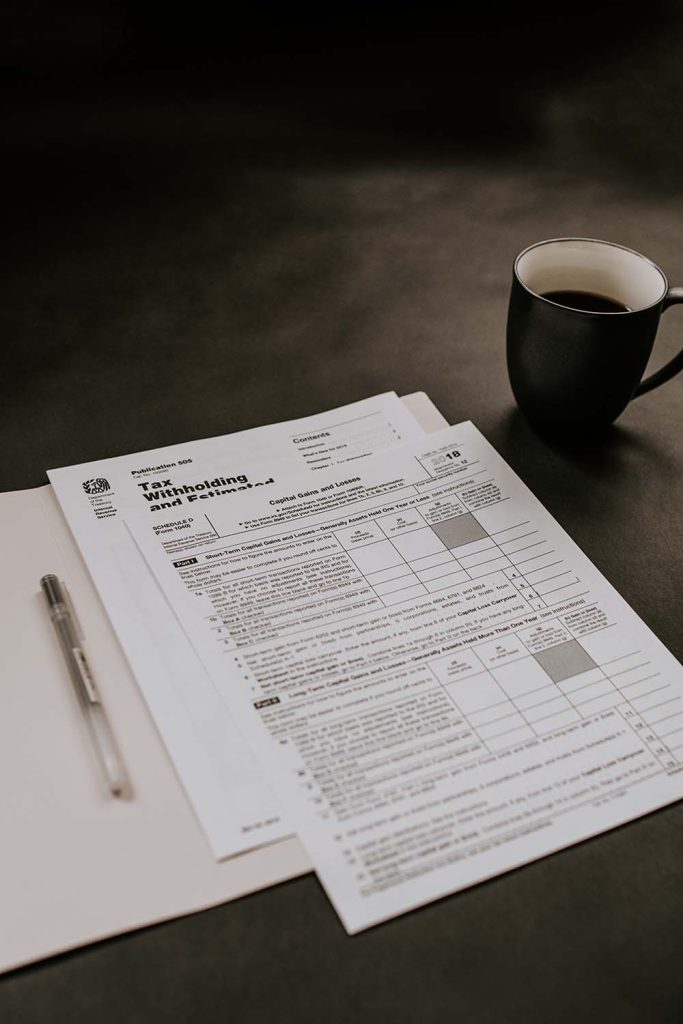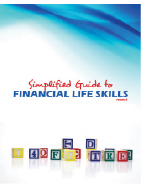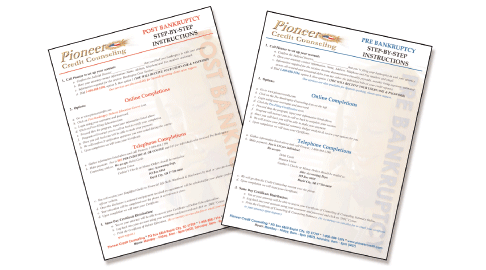Since we know how much we are going to get back we have been discussing ways in which we should spend the money. We will probably put some away in savings like we have always done, but we are going to reserve some of it for some home improvement projects.
Our main objective will be replacing our old worn carpet with nice and easier to maintain wood floors. We have begun shopping around and recruiting help to do it ourselves. We are pretty excited to get this done.
As I was researching car-buying tips I was reminded of my first vehicle, a 1979 Plymouth Volare. Not many of my friends had cars that were older than them; I guess I was just lucky. Looking back I was probably very lucky to avoid any accidents, as I’m sure there weren’t many safety features that would have protected me.
I remember one instance where I was turning a sharp corner and almost lost control of my car because the door didn’t latch very well and it flew open and I almost fell out of the car. It was a good thing I was wearing my seatbelt. What it lacked in safety features it made up in price. My first car cost just under $400 and lasted me a solid two years before I was handed down the family Ford Tempo. It was a step up and eventually made the trek down to college with me.
However, I still wanted a car to call my own so I saved up for a whole summer of work after my freshman year and right before school started I purchased a 1989 Ford Bronco II that was in seemingly great shape for the affordable price of $3500. I bought it outright as to avoid trying to come up with payments over the school year. My dad was gracious enough to help me out a little and I got a set of new tires that it needed and a couple of tune-ups.
I used the rest of my summer money to put in a new CD player and not because I wanted it but for the fact that the older radio was broke, and by broke I mean it was stuck in the “on” position with the volume turned to the maximum. I’m pretty sure I wouldn’t last too long blowing my eardrums out to radio static on the 5 hour drives between home and school.
Well, I was driving back home a couple months later and the good old engine blew up on me. After limping it home I took it in and found out that the cost to fix the multiple problems with the engine would be just over $3,000. So my bargain car just doubled in price in less than 3 months.
Over the next 5 years that I owned it I probably invested 3-4 times the amount than what the initial cost of the car was. A lot of repairs came at a time when I had little to no money and found their way onto my credit card. Not to mention that it wasn’t the most gas-friendly car and would cost a ton to fill up and didn’t run very efficient so it would burn the gas pretty fast.
I finally decided that I had to sell it and I found a very worthy buyer, my younger brother.
If anything I learned from my first cars and spend a lot more time researching potential vehicles and I definitely appreciate the vehicles I have now.
Well, until next month I hope you are enjoying the Spring , good luck and have fun.









